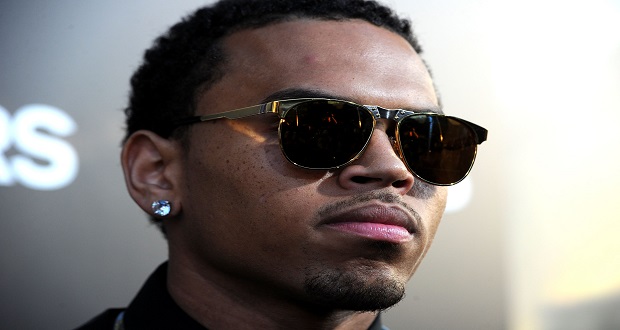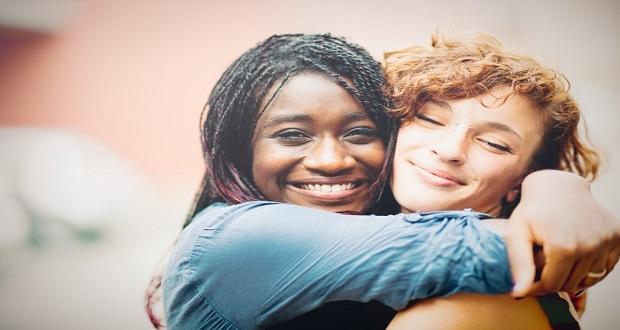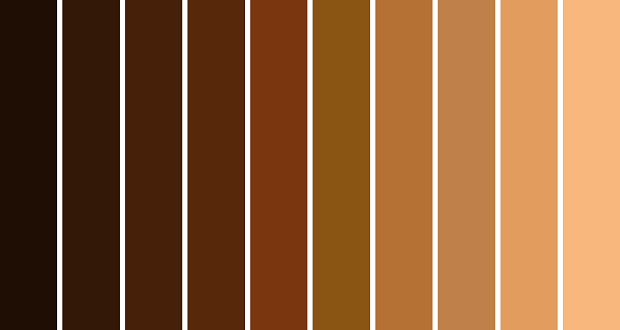
If you hit a woman, don’t visit our country. That’s essentially what the Australian government recently announced by saying that it will likely deny a visa to Chris Brown. The country’s immigration department issued the pop star a “notice of intention to consider refusal,” granting Brown 28 days to provide evidence why he should be allowed Down Under, where he is scheduled to perform in December.
Brown, of course, pleaded guilty in 2009 to beating up then-girlfriend Rihanna. “People need to understand if you are going to commit domestic violence and then you want to travel around the world, there are going to be countries that say to you: ‘You cannot come in because you are not of the character we expect in Australia,’” said the nation’s former immigration minister Michaelia Cash, who is not the minister for women.
This isn’t the first time Brown’s criminal record has kept him from crossing borders. The United Kingdom denied him entry in 2010 as a result of the abuse scandal, and earlier this year, Canada forbid Brown from heading north due to what Live Nation called “immigration issues.”
Brown isn’t the first celebrity barred from entering a country. Britain, for instance, had previously banned Mike Tyson due to various criminal charges and Tyler the Creator for violent content in lyrics. All of which sends a powerful message that condemns abuse.
But you have to wonder: Why isn’t Australia banning Eminem, Ozzy Osbourne, and Tommy Lee, all of whom are scheduled to perform in Australia in the near future and all of whom have a history of violence? Perhaps because all three are white. Perhaps not. Either way, it does seem like the government in Oz lacks a clear policy on this issue.
Regardless, I’m torn. On one hand, Brown seems like a total jerk, not just because of his history of violence but also because—actually, that’s enough reason right there. I don’t get the sense that he’s reformed, but then, I don’t know him. On the other hand, I don’t think it’s fair to punish an individual indefinitely.
Ultimately, I think whether Australia lets Brown in is less important than taking greater actions to combat domestic abuse within its borders. The same goes for every country. It’s easy to exploit celebrities to make grand symbolic statements, but in the end, preventing a singer from passing through immigration is just that—a statement. Curbing violence demands a lot more than that.


















